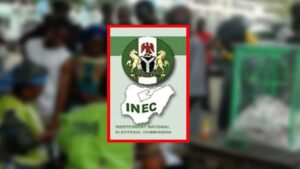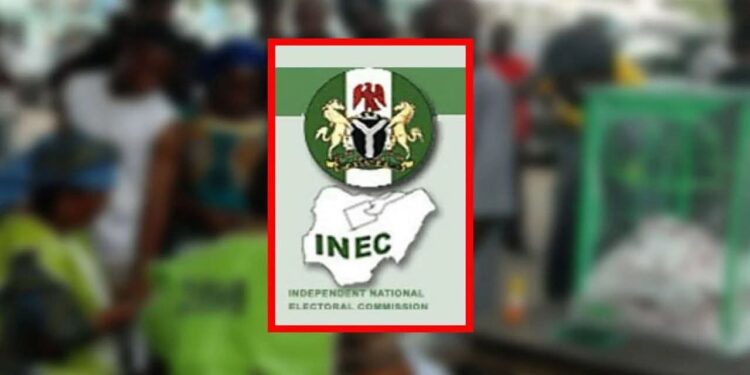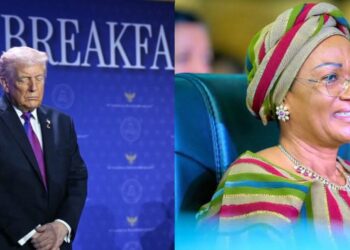The August 16 by-elections prove once again that in Nigeria, power is about structures—not slogans

By Ibrahim Kegbegbe
Nigeria went to the polls again on August 16, 2025—not in a general election frenzy, but in by-elections spread across 12 states. On the surface, it looked like business as usual. But look closer, and you’ll see the story of Nigerian politics repeating itself: power still belongs to the big parties, governors remain the ultimate kingmakers, and smaller parties like the ADC are simply playing political scrabble without a board.
Let’s start from Kano, the state that has become a political theatre of its own. The Ghari/Tsanyawa supplementary election was declared inconclusive earlier, but this time, APC’s Garba Gwarmai snatched victory with 31,472 votes against NNPP’s Yusuf Maigado, who polled 27,931. A margin of 3,541 votes may look slim, but in a Kwankwasiyya-dominated state, it is a thunderclap. It shows that APC is far from dead in Kano and, more importantly, that the Kwankwasiyya movement is not invincible.
Yes, NNPP managed to keep Bagwai/Shanono constituency, but the real headline is APC’s return to the map in a region the Kwankwasiyya have treated as a private estate. If anyone thought Kano 2027 would be a walkover, think again.
Step outside Kano and the pattern is even clearer: governors still rule the game. PDP’s victory in Oyo State? Makinde’s stamp of authority. APC’s hold on Ogun and Edo? Governors at work. APGA in Anambra? That’s not just politics—it’s religion. These elections scream one truth: Nigeria’s democracy is less about manifestos and more about machinery.
And where was the so-called “third force”? Where was ADC, the party that always promises to break the two-party monopoly? Nowhere. Once again, it failed to make any mark, proving that press conferences and hashtags don’t win elections—structures do. Nigerian voters don’t follow noise; they follow influence.
READ ALSO:Obidients Troll Deji: ‘Your Grammar Lost, Not Our Candidate’
This is the brutal reality: Nigerian politics is not yet about ideology, competence, or fresh faces. It is about structures, money, and who controls the grassroots. Governors know this. The big parties know this. The smaller parties keep pretending not to.
So, what do these by-elections tell us? First, APC is plotting a comeback in Kano. Second, PDP will hold its ground wherever an incumbent governor remains strong. Third, APGA will never let Anambra slip. And lastly, parties without governors or serious political portfolios are just political tourists—always at the airport of power but never boarding the plane.
As we march toward 2027, the lesson is simple: in Nigeria, politics is still power, not poetry.
Ibrahim Kegbegbe is a journalist and public affairs analyst. He writes from Lagos.

















